A U.S. stranglehold on Iran's access to the international financial system, the uncertain future of talks on its nuclear program beyond a six-month initial deal, and vested interests in the Islamic Republic suspicious of Western investment all stand in Rouhani's way.
"I would be surprised if you saw Iran shooting quickly to the top of the list of attractive markets, although it may be attractive for certain manufactured goods companies in the short to medium term," said a Western business consultant who works with many of the world's biggest companies.
"The fact that Iran is making signals in the right direction is welcome but I think the bulk of business people will be cautious and will play a bit of a wait-and-see game," he said, asking - like many involved with Iran - not to be identified due to the political sensitivities.
After a charm offensive at the United Nations in September, the pragmatic Rouhani opens Act Two of Tehran's return to the international stage when he addresses the World Economic Forum at the Swiss resort on Thursday, an event that attracts political and business leaders from around the world.
The White House released a summary on Thursday of last November's interim deal between Iran and six world powers; under which Iran agreed to stop production of 20 percent enriched uranium by January 20.
In return some sanctions imposed over the nuclear program - which Western countries suspect is aimed at developing arms despite Iranian denials - will be relaxed from Monday.
In the short term, business opportunities are limited mostly to areas such as food and consumer goods, medicines, cars and petrochemicals under the interim accord. Iran will be able to spend $4.2 billion in unfrozen funds over six months, although most sanctions remain pending a long-term agreement.
But the potential of a market of 76 million people in a country with some of the world's biggest oil and gas reserves is a magnet for foreign firms seeking long-term opportunities.
Iran has said it wants seven energy companies - Shell (RDSa.L), Total (TOTF.PA), ENI (ENI.MI), OMV (OMVV.VI) and Statoil (STL.OL) from Europe, as well as U.S. majors Exxon Mobil (XOM.N) and ConocoPhillips (COP.N) - to return.
French auto makers Renault (RENA.PA) and Peugeot (PEUP.PA) attended an automotive conference in Iran already last November, while Iran's ancient airline fleet may one day offer opportunities to Boeing (BA.N) and Airbus (AIR.PA).
Bijan Khajehpour, a Vienna-based Iranian business consultant, said there were the beginnings of a "gold rush" mood in Tehran, with Russia and China racing to pin down oil-for-goods barter deals before Western companies arrives with the technology that Iran most wants. "We're getting enquiries now from a lot of old clients and some new clients," said Khajehpour, managing partner of Atieh International.
Iranian officials want to orchestrate a race between European competitors - and eventually U.S. corporations - for the best deals. However, most of these can be struck only if sanctions go altogether under a final settlement.
"American companies are very eager to enter Iran's market, from car manufacturers to aircraft makers," a senior official told Reuters on condition of anonymity. "They are preparing the ground for the time when the sanctions are lifted."
Among the most promising sectors in the short term are autos, pharmaceuticals, food and consumer goods, Khajehpour said, with oil and gas production and technology and aircraft the biggest longer-term prospects.
A spokeswoman for Tehran's Homa hotel, a centre for international business, said numbers of European guests had risen 30 percent from last year. However, neither the hotel nor flights to the capital are full.
Trade delegations from Turkey, Georgia, Ireland, Tunisia, Kazakhstan, China, Italy, India, Austria and Sweden have visited Iran since early December, according to Mehrdad Jalalipour, director of Iran's Trade Promotion Organisation.
Reuters
MNA
END


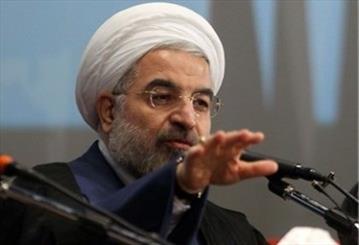
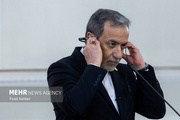
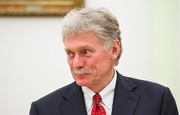
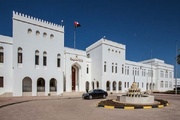
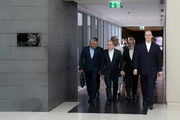
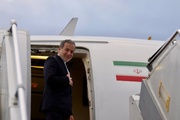
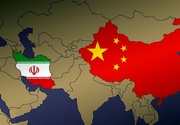
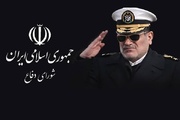
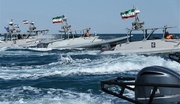














Your Comment